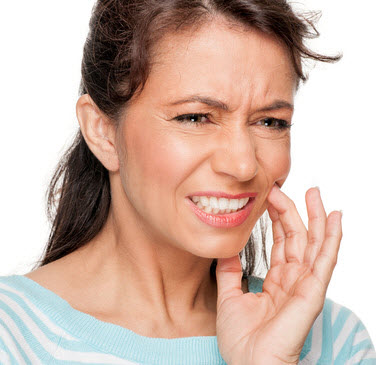Dealing with a dry socket after a wisdom tooth extraction

There’s always a risk of side effects and complications when it comes to wisdom tooth extraction. It can really depend on a lot of things. One problem that may occur in a small percentage of cases is what we call a dry socket. A socket is the void left in the jawbone where the tooth was removed
Dry sockets can develop in 2 – 5 percent of cases after a tooth extraction. After an extraction, a blood clot develops as part of the healing process. The clot is there to protect the bone and is crucial for healing. However, sometimes the blood clot may be disturbed or begins to break down, leaving the bone and nerve endings exposed. This can cause a lot of discomfort as food, saliva and bacteria become lodged in the clots place. The loss of the blood clot delays the healing process
Symptoms
Dry sockets cause radiating dull and throbbing pain. This is different from the normal expected discomfort after a tooth extraction and begins about 2 – 3 days after the removal. The area of the extracted tooth appears empty instead of showing a blood clot. Bad breath or an unpleasant taste are other symptoms.
Causes of dry sockets
There are a number of things that can cause a dry socket. Drinking through a straw and smoking can be a problem, as the sucking motion can dislodge the clot. The smoke itself is also a problem, as the chemicals interfere with the normal healing process. Consumption of carbonated drinks early in the healing process can dissolve the blood clot. Poor oral hygiene increases the risk of developing a dry socket. Food and other debris generally may become dislodged in the space of the clot and cause a dry socket. Female patients taking birth control medication have a higher chance of developing dry sockets.
Treatment
If patients do experience this kind of discomfort after having a tooth extracted, they should go back and see their dentist or oral surgeon. Any debris in the socket should be removed and a medicated paste may be placed in the socket. Good oral hygiene is mandatory. Rinsing the mouth with salty water will support the healing process and removes excess bacteria. Avoid smoking. Eat soft and mashed foods, avoid anything leaving residual food particles behind. Anti-inflammatory medication and antibiotics may be indicated.
